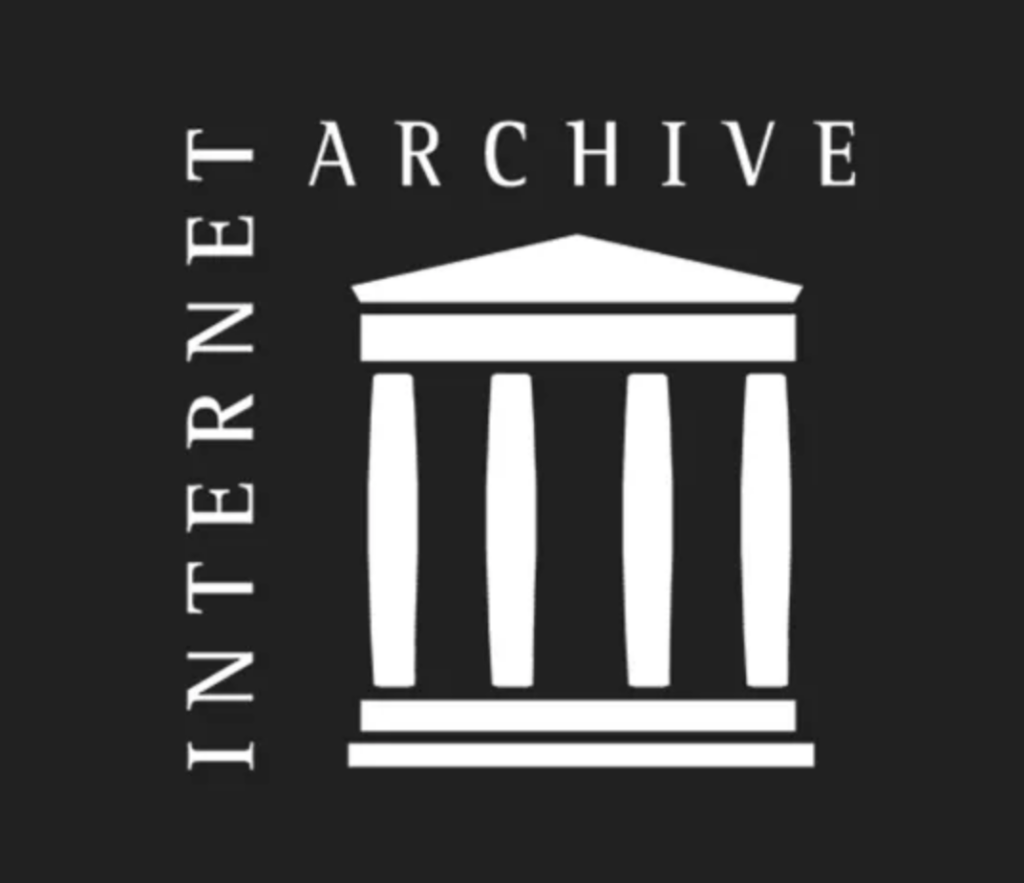
Imagine if you went to your local library and found that a vast majority of the books were missing. You seek out a librarian to ask why the shelves are so empty. The librarian responds that the books have been removed because of a lawsuit by a publishing company.
That might sound strange at first. But then, the librarian gives you more information. There was a lawsuit by a big publishing company that won their case. This required the library to begin removing 500,000 books. Those books will, essentially, disappear from this library.
The Internet Archive is an online digital book-lending library. They allow one person at a time to read a book, and when they are done, to return it (and possibly find another one to read). This is normal for physical libraries to do.
People can also visit their local library and read some books there, or can get a library card and take some books home with them – for a limited time. That said, there are some people who do not live anywhere near a library. This is part of why the Internet Archive had been allowing low-income people to access their books.
Internet Archive, in an post titled: “Why are so many books listed as ‘Borrow Unavailable’ at the Internet Archive”
- More than 500,000 books have been taken out of lending as a result of Hachette v. Internet Archive, the publishers’ lawsuit against our library, including more than 1,300 banned and challenged books.
- We are appealing the decision that led to these takedowns in an effort to restore access to these books for all of our patrons.
Books that are shown as “Borrow Unavailable” mean they cannot be borrowed by our patrons, including books you may have previously read or consulted.
In 2020, our library was sued by four of the world’s biggest publishers — Hachette, HarperCollins, Penguin Random House, and Wiley — for lending books via the library practice known as controlled digital lending. That lawsuit, Hachette vs. Internet Archive, is currently on appeal at the lower court (the United States District for the Southern District of New York) heard the case and ruled in the favor of the publishers.
In this decision, Judge Koeltl issued an injunction that limits what we can do with digitized books — namely, we can no longer lend those books to our patrons. This injunction does not affect our accessibility program — the removed books are still available to patrons with print disabilities.
Additionally, the Association of American Publishers (AAP), the trade organization behind the lawsuit, worked with some of its member publishers that were not named in the lawsuit to demand that we remove their books from our library…
In August of 2023, Internet Archive wrote: Last Friday, the Southern District of New York Court issued its final order in Hachette v. Internet Archive, this bringing the lower court proceedings to a close. We disagree with the court’s decision and intend to appeal. In the meantime, however we will abide by the court’s injunction.
The lawsuit only concerns our book lending program. The injunction clarifies that the Publishers Plaintiffs will notify us of their commercially available books, and the Internet Archive will expeditiously remove them from lending. Additionally, Judge Koeltl also signed an order in favor of the Internet Archive, agreeing with our request that the injunction should only cover books available in electronic format, and not the publishers’ full catalog of books.
Separately, we have come to an agreement with the Association of American Publishers (AAP), the trade organization that coordinated the original lawsuit with the four publishers, that the AAP will not support further legal action against the Internet Archive for controlled digital lending if we follow the same takedown procedures for any AAP-member publisher.
On June 17, 2024, Chris Freeland, a librarian at the Internet Archive posted the following:
…The lawsuit against our library — Hachette v. Internet Archive — is fast approaching the oral argument state of its appeal on June 28. I’ve been reflecting on our ongoing, four-year experience with this litigation and on the outcome we’re hoping for. Our position is straightforward; we just want to let our library patrons borrow and read the books we own, like any other library.
We purchase and acquire books — yes, physical books — and make them available for one person at a time to check out and read online. This work is important for readers and authors alike, as many younger and low-income readers can only read if books are free to borrow, and many author’s books will only be discovered or preserved through the work of librarians.
We use industry-standard technology to prevent our books from being downloaded and redistributed — the same technology used by corporate publishers.
But the publishers suing our library say we shouldn’t be allowed to lend the books we own. They have forced us to remove more than half a million books from our library, and that’s why we are appealing.
The Internet Archive wants people to take action.
In appealing the district court’s decision, our goal is simply to let these readers continue on their journey. We envision a world in which Wikipedia’s can verify facts by following citations to information contained only in our printed history; were librarians can serve their communities online with collections financed through public investment; and above all, where library patrons are free to read without fear of corporate or government surveillance.
As you may already know, there have been several attempts by people who want to remove books they find “questionable” from their local libraries. This is usually cased by parents who desperately do not want their children to read specific books.
It is sad that the Internet Archive not only has to worry about those parents, but also has a face a lawsuit from book publishing companies.
